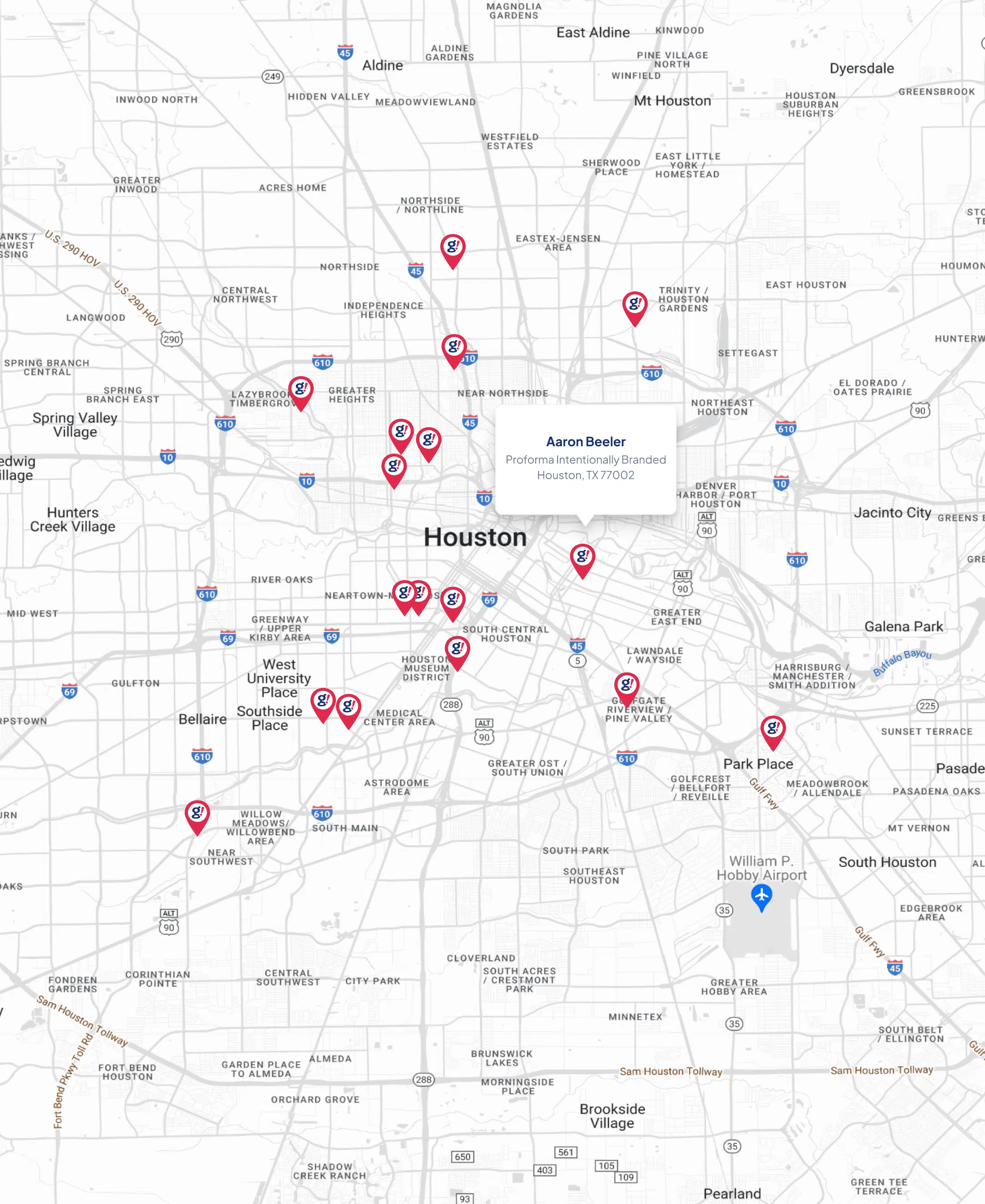Social Media Marketing: How Much Automation Is Too Much?
- Updated on: 2021-04-02
- Read original article here

Automation tools have been helping streamline processes and ease marketers' lives as they try to juggle various channels, tasks, and campaigns daily. In particular, social media has become a critical component of the marketing strategy for any business and one of the most heavily automated from a B2B business perspective.
According to research from InstaPage, automating social media posts could save some marketers up to 6 hours per week. However, as more and more users pour into social media platforms and it becomes even more important for businesses, a new approach that avoids heavy automation of social media posts may be necessary.
Many brands are quite reliant on scheduled content and automation, but the argument could be made that a dedicated team could create more value, be a better use of resources and have a more positive impact on the bottom line.
Some of the primary goals of social media marketing are engaging with your customers, your industry, and establishing a clear brand identity. An increase in brand awareness can lead to more traffic coming to your website, an increase in revenue and a fostering of a community that can turn casual customers into brand advocates.
However, automation can put all of these things at risk. According to Dawson Whitfield, CEO at Ontario, Canada-based Looka, "Over-automating your social media puts your brand at risk of two main things: missing out on relevant conversations and accidentally participating in the wrong conversations."
Many brands have focused on themselves, their brand messaging and only advertising their products and services on social media. However, that's not what customers are looking for. Social media provides an opportunity for brands to engage in conversations with their customers, solve their problems, and gain an idea about what they truly want.
With automation, the opportunity to be involved in such conversations diminishes or brands may not be able to react quickly enough if they make a mistake. As Erika Goldwater Director of Global Communications at Malmo, Sweden-based inRiver explains, automation can be a tremendous asset, but too much focus on automation here can leave brands missing out on valuable connections and engagement. "Automation is amazing. No social media team can do without the ability to schedule and automate posts to deliver key messages and content. However, automation can't account for real-time engagement, responses to issues (good or bad), and appropriate empathy or emotion." Goldwater explains.
Related Article: Does Your Marketing Team Use These Social Media Tools?
Most brands may state that they rely so heavily on automation because their marketers simply don't have the time to monitor and engage on social media continuously. However, this engagement is absolutely necessary, and all it takes is the right strategy to make it work.
Alessandra Gyben Marketing Director at Solana Beach, CA.-based, GreenRope, provides two tips to begin a manual strategy. "Dedicate at least 1 hour per day to social engagement," she says. For your brand this may include being involved on Twitter, engaging in conversations on LinkedIn through comments or interacting with your audience via a livestream or Q&A session about an educational topic.
However, no matter what your brand is doing, Gyben adds that goal setting is essential for social media success. "Create clear and defined goals for social media. Are you using social to generate awareness, generate leads, build thought leadership, etc? What are your KPIs? Set goals for your team and have them report on a monthly/quarterly basis."
Once your brand chooses to add a dedicated social media team or person, there are several benefits that can be unlocked.



